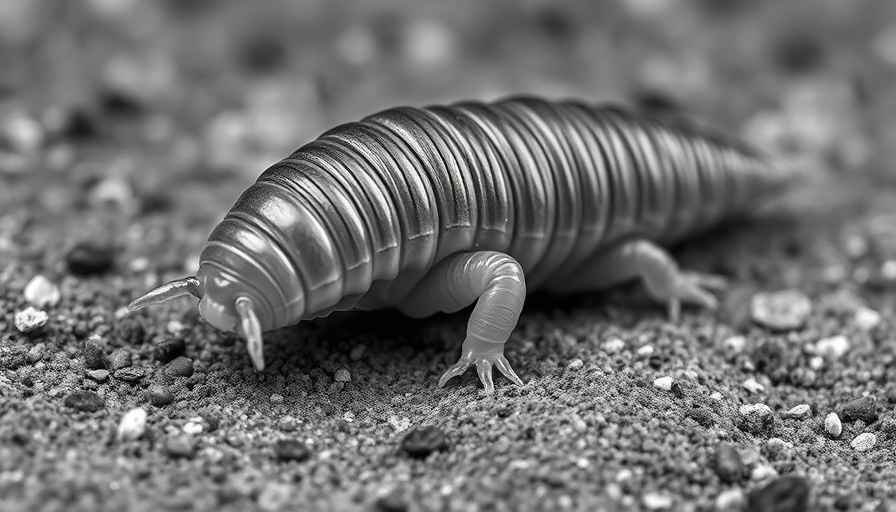
The Incredible Resilience of Tardigrades
Tardigrades, often referred to as water bears, have captured the imagination of scientists and space enthusiasts alike. These peculiar tiny creatures boast an extraordinary capability to survive extreme conditions that would be lethal to most other life forms. Recent studies shed light on their potential significance in our quest to explore extraterrestrial environments, particularly regarding human survival in space.
Pioneering Research from NASA and Brazilian Experts
A groundbreaking study presented at the 2025 Lunar and Planetary Science Conference underscores the importance of tardigrade research in astrobiology. Conducted by NASA ambassador Isadora Arantes and Associate Professor Geancarlo Zanatta, the study delves into how tardigrades' resilience can inform our understanding of potential life on Mars and other extreme environments in our solar system.
How Tardigrades Cope with Harsh Environments
The survival mechanisms of tardigrades are rooted in their unique biological components. Among these, the Damage Suppressor (Dsup) protein plays a crucial role. It shields their DNA from the damaging effects of radiation, significantly reducing the likelihood of genetic mutations. This understanding of molecular dynamics could provide critical insights into how life might exist on planets such as Mars, where radiation levels are high.
Heat Shock Proteins and Their Importance
In addition to the Dsup protein, the study emphasizes heat shock proteins (HSPs) and antioxidant enzymes, which help tardigrades withstand temperature extremes and oxidative stress. This adaptability is pivotal for imagining human life in space; it suggests that life might adapt to, and even thrive in, conditions that seem unfathomable from our Earth-bound perspective.
Potential Implications for Extraterrestrial Life
The research by Arantes and Zanatta points to exciting potentials beyond just survival strategies. Their findings suggest that environments like the icy moons Europa and Titan, with their sub-surface oceans, may harbor similar resilient life forms. This opens the door to discussions about what kinds of life we might discover as we expand our exploration efforts beyond Earth.
Conclusion: Why Studying Extremophiles Matters
The implications of studying organisms like tardigrades extend far beyond mere curiosity. As we edge closer to manned missions to Mars and further explorations, understanding extremophiles provides us with critical insights into how we might adapt and thrive in extraterrestrial conditions. The characteristics that make tardigrades survivors could very well hold the keys to the future of human life in space.
 Add Row
Add Row  Add
Add 




Write A Comment